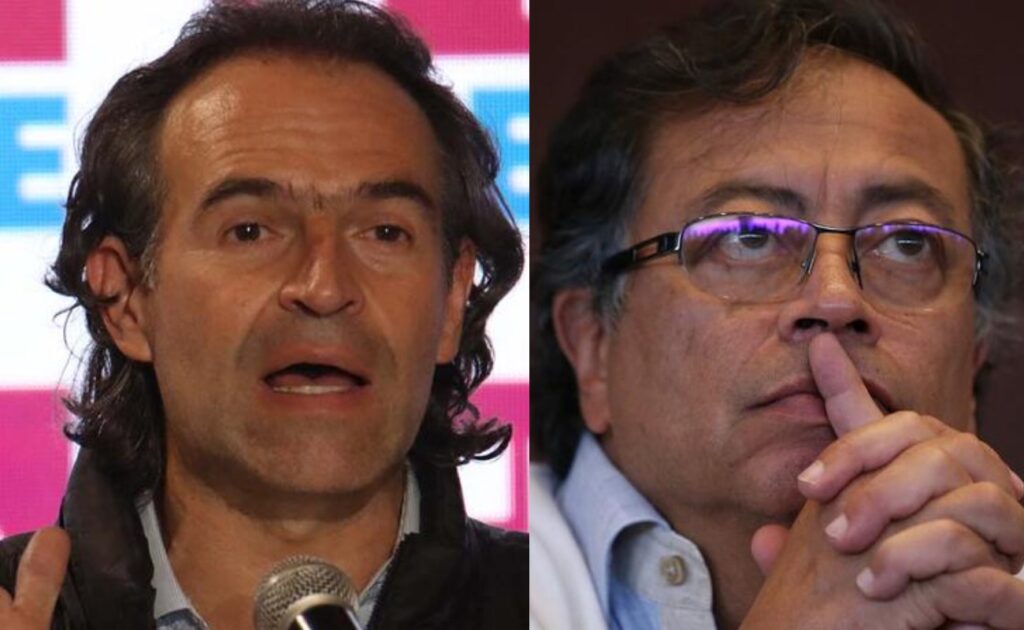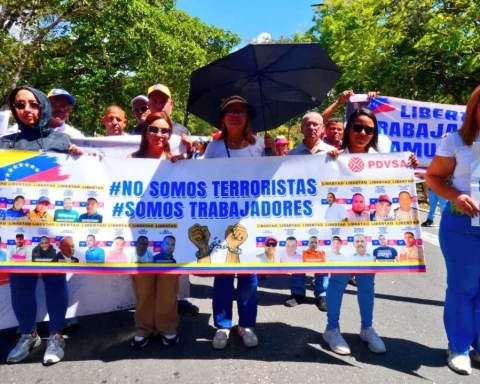For this Monday, May 16, the session of the Mixed Commission – made up of members of the Chamber of Deputies and Deputies with the Senate – was planned to address the proposal presented by the legislators of Renovación Nacional (RN), Kenneth Pugh and Carmen Gloria Aravena , on critical infrastructure regarding the violence that has been experienced in the south of the country. In this instance, the proposal of the Executive of the “Intermediate State” would be reviewed, however, the session was set for next Wednesday, May 18 at 3:00 p.m., at the request of the Government.
In this context, the senator of the Christian Democracy Matías Walker, who chairs the Constitution commissions and the mixed one that processes the Executive’s project, told Radio Cooperative He hopes that La Moneda will present indications to the project no later than Monday that will unlock the discussion in Congress, after the Chamber of Deputies rejected the initiative that had previously received the approval of the Senate.
You may also like:
The Christian Democrat parliamentarian maintained that the lack of control of violence “requires responses that are forceful, that are effective, that generate a great agreement.” In that sense, Senator Walker hopes that “the Government between now and Monday will have a proposal, either by way of indications to be able to resolve the differences between the Chamber of Deputies and the Senate, to resolve these differences.”
Otherwise, added the DC legislator, “rightly, make the decision to resort to the constitutional state of exception. I do not see room for another decision and all this within the framework, in addition, of what the President of the Republic of to generate a great agreement on security matters, in response to which we have said that we are available”.
Finally, Walker affirmed that “we want to advance in this project. We have a proposal, I am in favor of being able to include not only the roads within what is critical infrastructure or intermediate states, but also include other public services that are essential for the population. such as health centers, distribution centers for drinking water, transportation, fuel”.
“I think it is important that the Armed Forces, if there is intelligence information that there is going to be an attack against that basic infrastructure, can protect it,” he added.


















